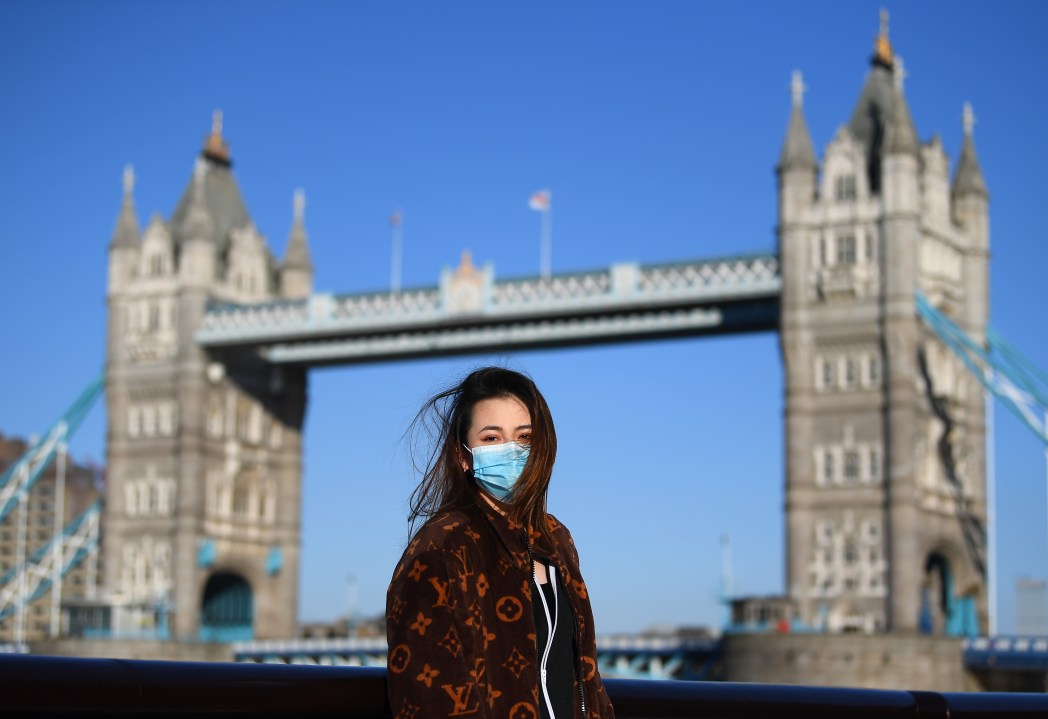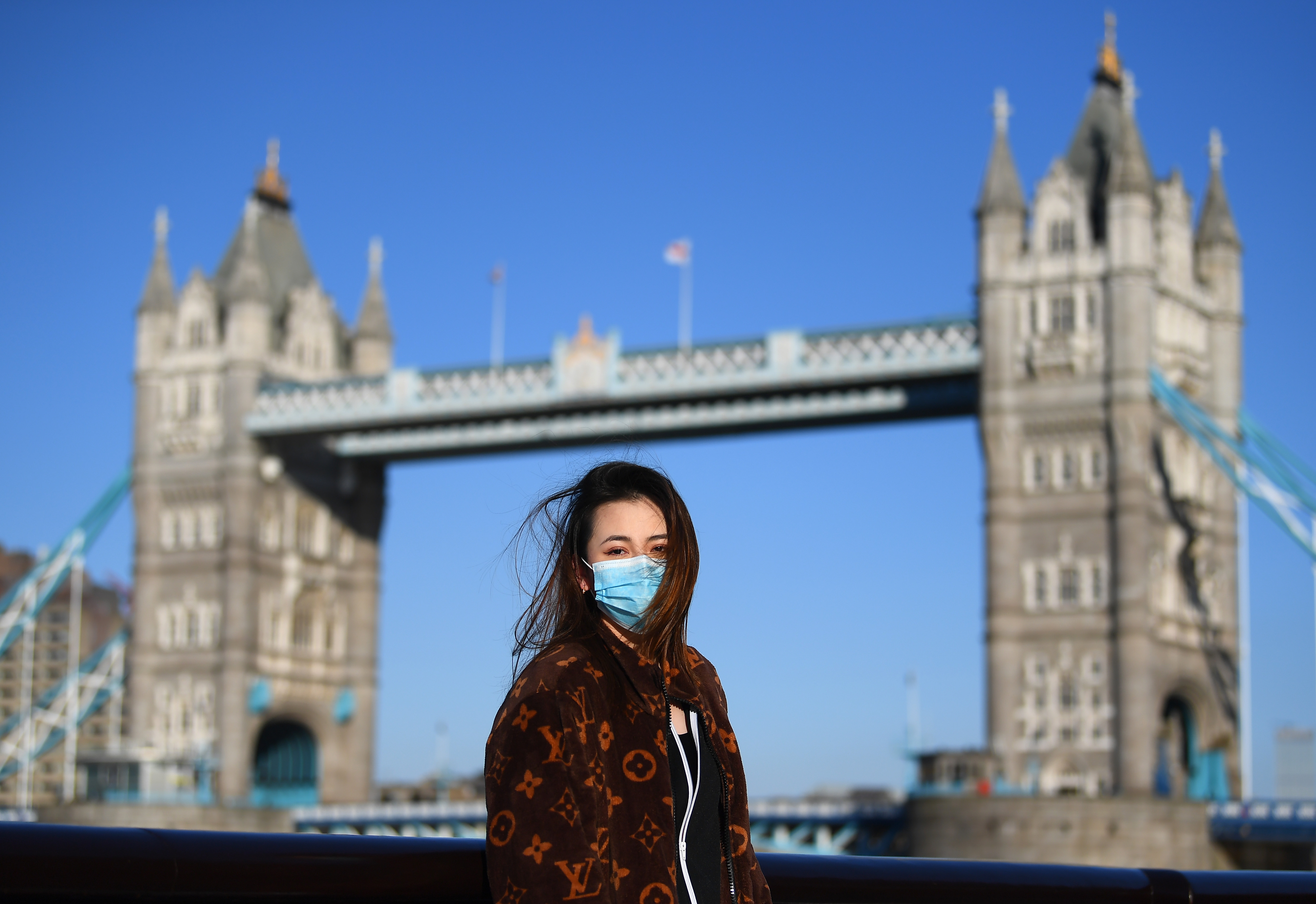Antibody tests on random samples of the population have so far shown much lower levels of general infection than the government’s scientific advisers claimed would be necessary to attain ‘herd immunity’. In London, for example, tests have shown that 17 per cent of the population have antibodies to Sars-CoV-2, the virus that causes Covid-19. In New York, the figure is 21 per cent. At the beginning of this crisis, on the other hand, Sir Patrick Vallance, the chief scientific adviser, suggested that at least 60 per cent of the population would have to be infected in order to achieve herd immunity.
It provides a possible explanation for why the Covid-19 epidemic seems to have died away in many places
But are antibodies the whole story? Not according to a team from Sweden’s Karolinska Institute, which has found that 30 per cent of Swedish blood donors in May this year were found to have an immune response to Covid-19 in their T cells – white blood cells that are an essential part of the immune system. Remarkably, many of these people had no detectable antibodies – suggesting that their T cells had fought off the disease without any need to produce antibodies. In all, they say, roughly twice as many people had a T cell reaction than had measurable levels of antibodies.
The usual warning applies to this research as to virtually all Covid-19 research, including the Imperial College modelling that inspired lockdown – it has not yet been peer-reviewed or published in a reputable journal. Moreover, it included a fairly small sample of 200 people.
However, it does provide a possible explanation for why the Covid-19 epidemic seems to have died away in many places once it had infected around 20 per cent of the local population (as judged by the presence of antibodies). If people are developing some kind of immunity to Covid-19 via their T cells then it could mean that a far higher percentage of the population has been exposed to Covid-19 than previously thought. Antibodies and T cells combined, it is conceivable that some places such as London or New York are already at or near the 60 per cent infection level required to achieve herd immunity.
What the Karolinska team admits that it doesn’t yet know is the extent of immunity to Covid-19, which is gained through the T cell response. One problem thrown up by the research is that it is much harder to detect a T cell response in an individual than it is to detect the presence of antibodies. The T cells can be detected by laboratory tests but there is not yet a test that is as easy to perform as an antibody test. That means that it will take some time to undertake more research in this particular field.








Comments